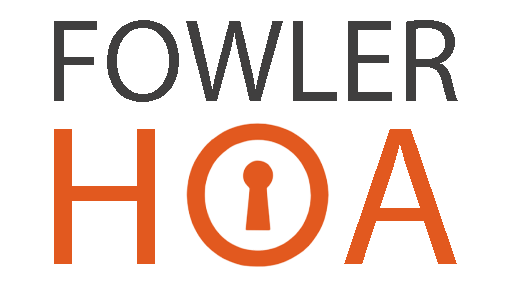Common Terminology
Roles and Responsibilities within Community Associations
Property Manager of Community Associations
- Advisory Role: Offer advice and administrative, managerial, and operational counsel to the association’s governing body.
- Professionalism and Loyalty: Exhibit professionalism and loyalty to the principal, which is the Board of Directors.
- Diligence: Exercise diligence in performing duties on behalf of the Board.
- Financial Accountability: Account for financial activities as outlined in the Management Agreement.
- Onsite Inspections: Conduct onsite property inspections.
- Bid Evaluation: Solicit and evaluate bids for association services.
- Maintenance Oversight: Supervise maintenance activities and monitor contractor performance.
- Payment Authorization: Oversee and authorize payments for primary association services.
- Bylaws and Regulations: Be knowledgeable about and abide by the association’s Bylaws, recognizing the State agency that supervises community associations.
The Board of Directors
- Depending on the management agreement, some responsibilities may be delegated to a managing company.
President
- Leadership: Serve as the chief executive officer and leader of the association.
- Meeting Management: Preside over all meetings of the board and membership.
- Legal Authority: Execute legal documents on behalf of the association.
- Agenda Control: Set meeting agendas and control meeting proceedings.
- Resident Representation: Represent the board before residents.
- Committee Responsibilities: May have nominating or appointment responsibility for committees.
Vice President
- Deputy Role: Perform all duties of the president in their absence.
- Supportive Role: Typically share some of the president’s responsibilities regarding appearances, liaison, public hearings, etc.
- Liaison Assignments: Usually assigned liaison responsibility to specific staff or contractors and specific committees.
Secretary
- Documentation: Prepare and distribute board and membership meeting agendas, minutes, and related materials.
- Record Keeping: Maintain minutes and a book on all meetings.
- Resolution Record: Maintain a book of resolutions.
- Official Records: Maintain all official records, including correspondence, contracts, membership roster, etc.
- Proxy Management: Receive, verify, and maintain all proxies.
- Attestation: Attest, by signature, to the legitimacy of certain documents.
Treasurer
- Budgeting: Collaborate with staff, contractors, and committees to develop and submit the annual operating budget for approval.
- Financial Records: Maintain accurate records of all association financial transactions.
- Funds Disbursement: Maintain a roster of disbursements of funds, as authorized.
- Financial Reporting: Prepare periodic financial reports.
- Audit Arrangements: Arrange, subject to board approval, an independent audit of financial affairs.
Perspectives of Board, Homeowner, and Manager
Board of Directors Perspective
- Maintain property value and quality of life for the community.
- Ensure smooth governance.
- Enforce rules.
- Establish and manage the budget.
Homeowners Perspective
- Care deeply about their residences.
- Seek good quality of life through manager services and board decisions.
- Potential issues arise when expectations are too high or unrealistic, especially when interests are highly specialized.
Manager’s Perspective
- Work in harmony with homeowners and the board.
- Act as a problem-solver.
- Multitask efficiently.
Governing Documents
- All documents that regulate community life.
- Document types may vary depending on the type of association (condo, townhome, etc.) and state laws.
- These documents include Declaration of Covenants or Master Deed, Conditions and Restrictions, Bylaws, Rules and Regulations, Plats of Survey, and Easement Agreements.
Basic Condominium/Townhome Legal Documents
- State Enabling Statute: Permits the creation of the condominium/townhome form of ownership and prescribes ownership interests, rights, obligations, and more.
- Subdivision of Condominium/Townhome Plat: Describes the common elements’ location and nature and the units.
- Condominium Declaration or Master Deed: Defines units, common elements, and covenants imposed on the property.
- Individual Unit Deeds: Comprise individual unit deeds.
- Articles of Incorporation: Create the association as a corporation under state corporate statute.
- Bylaws: Implement the provisions of the Declaration and Articles of Incorporation regarding association operations.
- Rules and Regulations: Set operational powers, use restrictions, and adopted provisions enforced by the association.
